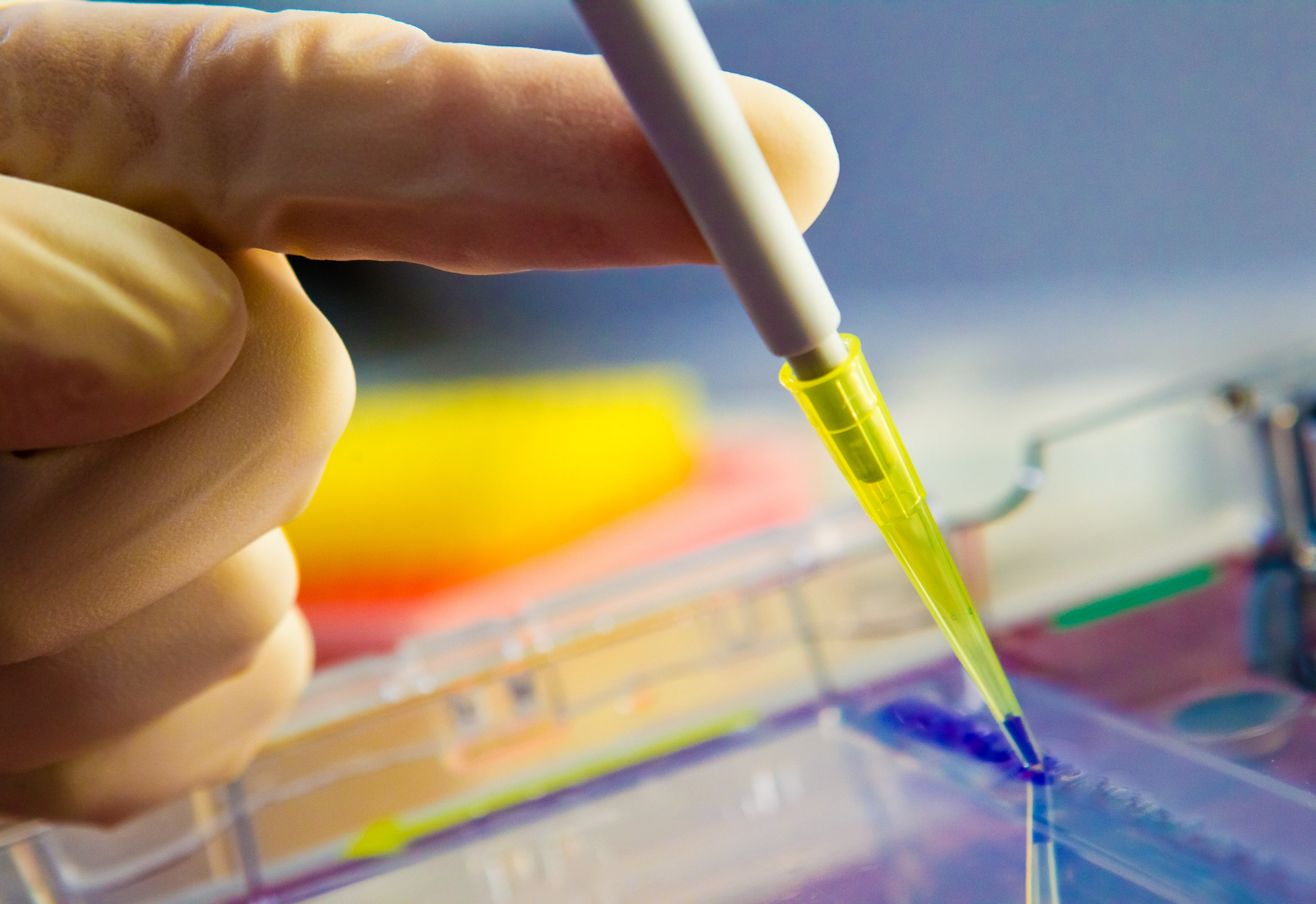Media release
From:
On 28 February, Rare Disease Day raises awareness amongst the general public and decision-makers about rare diseases and their impact on patients' lives.
The Florey Institute of Neuroscience and Mental Health is the largest research group in the southern hemisphere specialising in research of the brain and mind. Every year, 4.7 million Australians are diagnosed with one of the conditions that we study, including a number of rare diseases.
A selection of researchers at the Florey who work on rare diseases to further understand the condition, investigate treatments and have even been involved in discovering a rare disease are available for media interview.
Niemann-Pick Disease Type C (NP-C)
- Only 28 patients have been diagnosed in Australia.
- Commonly referred to as ‘Childhood Dementia’ due to dementia-like symptoms.
- Rare genetic disorder with abnormal processing of cholesterol, meaning that cholesterol builds up in brain, liver and other organs leading to neurological problems.
- Patients have an average life expectancy of 13 years.
- There is no cure. Only one researcher in Australia is currently investigating treatments – Dr Ya Hui Hung at the Florey who has worked in this disease area for 8 years.
- Dr Hung’s research focuses on developing an mRNA-based gene therapy to treat NP-C.
Available for interview:
- Dr Ya Hui Hung, Senior Research Officer, Oxidation Biology Lab, Florey Institute of Neuroscience and Mental Health.
- Donna Carpino (mother) and Noah Carpino, 4, who was diagnosed with NP-C at 15 months old. Donna co-founded Australian NPC Disease Foundation with other NP-C families to fund research, including Dr Hung’s research.
- Mandy Whitechurch (mother) and Timmy 31, Matt 33 who live with NP-C. Mandy also co-founded Australian NPC Disease Foundation.
Baker-Gordon Syndrome
- Less than 30 people diagnosed in the world.
- Named after Dr Sarah Gordon at the Florey and her UK-collaborator, Dr Kate Baker who are the only researchers in the world working on this disease.
- Severe neurodevelopmental disorder in children caused by a mutation to a protein called synaptotagin. Synaptotagin is essential for communication between brain cells.
- Dr Gordon discovered through her research that mutation to this protein slows down how neurons can talk to each other resulting in intellectual disability.
- Her team are investigating possible treatments that could speed up brain cell communication. Calcium-modulation is a current focus.
Available for interview:
- Dr Sarah Gordon, Head of Presynaptic Physiology Laboratory, Florey Institute of Neuroscience and Mental Health.
- A patient advocate is not available however Dr Gordon has a relationship with a young girl with Baker-Gordon Syndrome and her family who have visited her at the Florey. Dr Gordon says it is a profound experience being able to know someone with Baker-Gordon Syndrome and is able to speak to this.
Kennedy’s Disease
- Rare, neurodegenerative disease affecting 1 in 50,000 males, also known as spinal bulbar muscular atrophy, that typically develops when males are in their 30-40s.
- Causes slowly progressive and debilitating muscle cramps, weakness and wasting, leading to physical disability.
- As Kennedy’s disease is an inherited disorder, most patients father children before they manifest symptoms, passing on the defective gene to future generations.
- There are no effective treatments or cure.
- A/Prof Turner is developing a new precision medicine approach for KD at the Florey. His team also maintain a national resource of KD patient stem cell lines for use in their research.
Available for interview:
- Associate Professor Bradly Turner, Head of Motor Neurone Disease Lab, Florey Institute of Neuroscience and Mental Health.



 Australia; VIC
Australia; VIC


